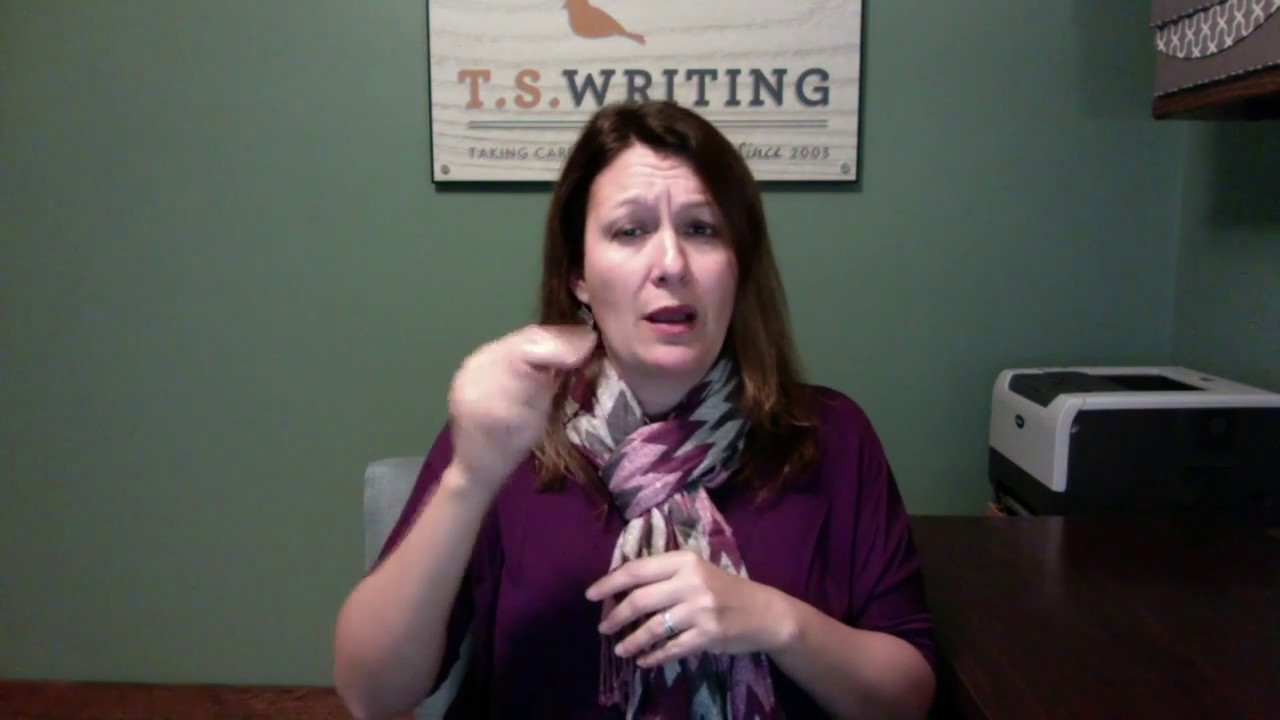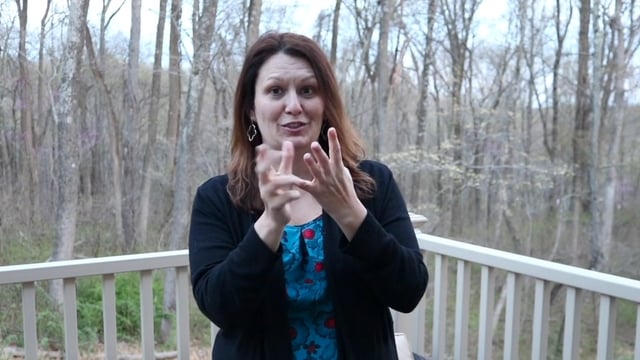This is a follow-up to an article I was invited to write for the NAD Monograph in 1997. To read the original piece, click here.
“A year to the day I was born, PL 94-142 was created. That’s when bureaucrats began to speak for me.”
– From the 1997 “Can I Speak Now?” article
My Can I Speak Now? piece, written over 15 years ago, is one of my most popular articles. People often tell me that what I shared resonated with them because they, too, had similar experiences and frustrations. As I reread it today, I find it interesting how my perspectives have changed only slightly. The biggest change in my perspectives—at least until 2026—is that I will speak for my deaf children, but nobody else. It fascinates me how my children’s educational experiences are already so different from mine, and yet so similar.
I have chosen to enroll my four children—the oldest being five and the youngest being one—at a deaf school, because it’s clearly the best environment for them at this point in their lives. I also love the close-knit community here. But what I am most grateful for is my children’s unfettered access to communication 24 hours a day in school and at home. This comes from a Deaf-centric—and child-centric—educational environment and home environment.
With that said, one comment I got in response to the 1997 article stands out. Back in 1998, I shared the article with a mother of a deaf six-year-old; I was her supervisor at my then-job at a nonprofit agency serving the deaf community. She was still somewhat coming to terms with her child being deaf, and had chosen an ASL environment for her child’s education.
After she read the article, I asked for her thoughts. Her response was that I “sounded so angry like most deaf people.” This was the last thing I expected her to say, especially given our shared views on deaf education and communication options. Now, in retrospective, I realize it was because she was still new to the community and didn’t yet fully understand that this article and my experiences weren’t written in anger. Rather, it was a honest look at how the educational system has been for so many deaf people. Interestingly enough, later that year during a meeting with me, she got upset at not receiving a pay raise. As I looked away at the end of the meeting, she grabbed my jaw and turned my face so I’d look at her. Looking back at that incident, I realize now she was the one dealing with anger and I happened to be the nearest outlet for her. I’d love to talk with her today and see if she still has the same perspectives she did back then. Her child is now college-aged, and doing very well from what I understand.
Back to the point: I continue to speak only for myself, because we each have such different experiences, perspectives and needs. I only hope that my children will grow up to become the best experts on what they need—not school professionals, not my husband or me, not anyone else. When they can speak for themselves, that’s when I’ll know I’ve done my job as a parent.




